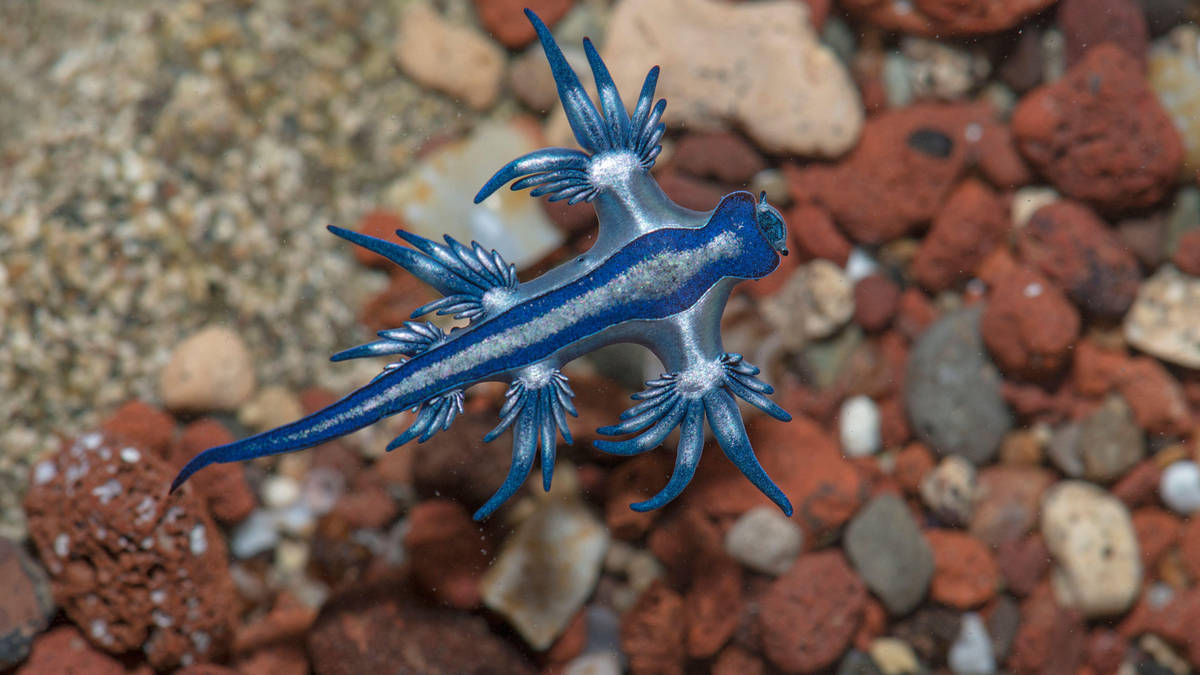21 August 2025, 23:02 | Updated: 22 August 2025, 14:02
21 August 2025, 23:02 | Updated: 22 August 2025, 14:02
Two deadly Blue Dragons were spotted at a popular beach in southern Spain.
Picture:
Alamy
Tourists have been warned not to enter the sea at a popular tourist beach in southern Spain after poisonous sea creatures were sighted.
Swimming has been banned along the seven-mile stretch of beach on the Costa Blanca in the Guardamar del Segura area just north of Torrevieja after the sea creatures were located.
Jose Luis Saez, the mayor of Guardamar del Segura, wrote on X: “Bathing is prohibited following the appearance on Vivers Beach of two specimens of Glaucus atlanticus, known as the Blue Dragon”
He said people should “should stay away from this animal because of its sting”.
Read More: Public warned ‘do not eat’ after prawns exposed to radioactive substance
Bandera ROJA en las playas de Guardamar PROHIBIDO el BAÑO tras la aparición en Playa Vivers de dos ejemplares de Glaucus atlanticus, conocido como Dragón Azul. pic.twitter.com/Ksy21uADmO
— José Luis Sáez (@JoseLSaezPastor) August 20, 2025
On Thursday, the warning was downgraded to yellow after the end of what Mr Saez described as a “special surveillance operation”.
The Blue Dragon, or Glaucus atlanticus, is a type of sea slug that feeds on the infamously deadly Portuguese man o’ war and other venomous sea life.
Australian Geographic told Sky News the “dazzling blue creature absorbs the stinging cells from its food and stores them in concentrated doses, giving it a far more potent sting than its prey.
“Typical symptoms of the blue dragon’s sting include nausea, pain, vomiting and acute allergic contact dermatitis”.
The Blue Dragon is a type of sea slug that feeds on the Portuguese man o’ war and other venomous sea life.
Picture:
Alamy
Blue dragons “swallow a little air bubble, which allows them to float on the ocean surface but means they’re at the mercy of the weather”.
This means they can be blown towards beaches by strong winds.
The small colourful creatures can be found in the Atlantic, Pacific and Indian oceans in temperate and tropical waters.
“The blue dragon stores the man o’ war’s stinging nematocysts within its finger-like appendages, making itself equally venomous to predators,” One Earth told the broadcaster.
Tourists and locals enjoy a warm spring day with high temperatures in El Postiguet Beach, Costa Blanca.
Picture:
Getty

